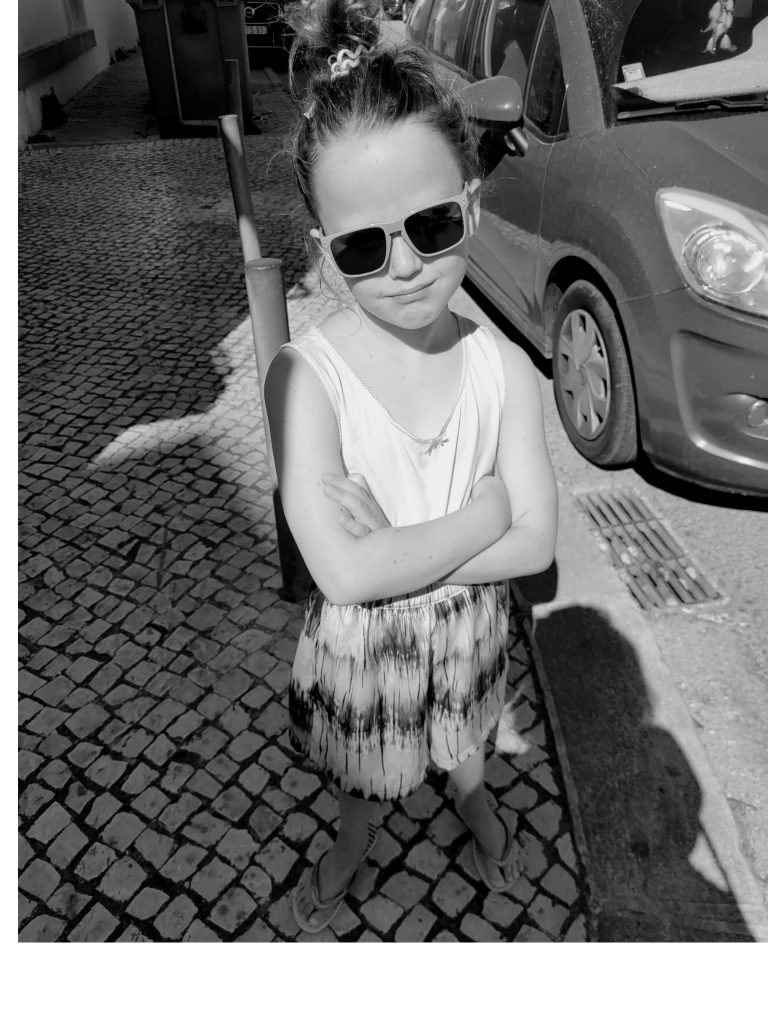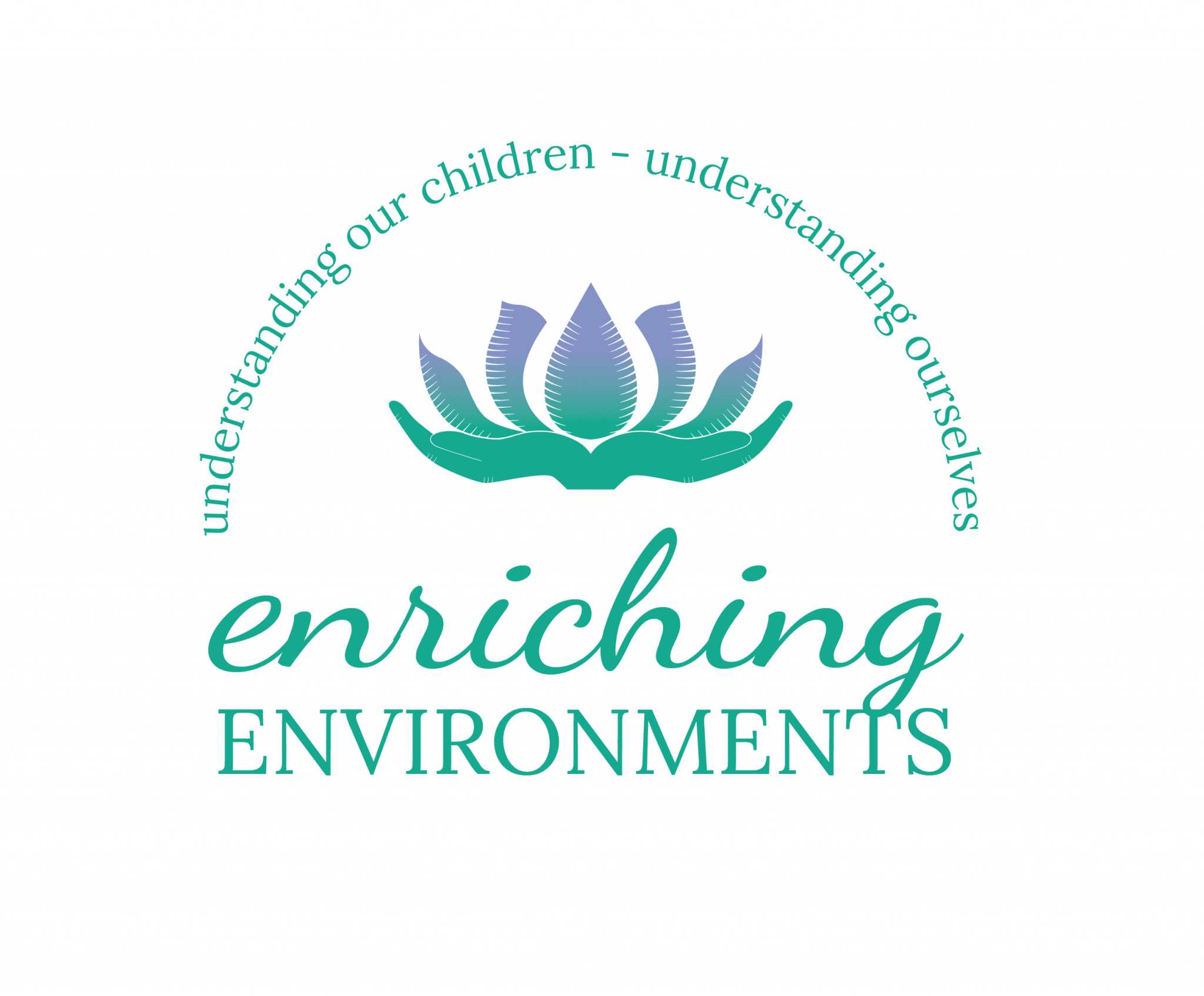Dr Maria Montessori

The Elementary Years; exponential learning, physical growth and collaboration, welcome to middle childhood. The sleepless nights of the early years are (hopefully) behind us, puberty and adolescence seem a way off and here between the ages of 6-12 lies incredible potential.
Around the age of 6 our child enters an entirely new stage of development, Dr Montessori (and other visionaries such as Rudolf Steiner, Erik Eriksson) saw this as the ‘rebirthing’ of the child. And so, the Elementary child is reborn, with different characteristics, needs and wants to the younger child.
Intellect:
The 6-12 child is thirsty for knowledge and so they seek answers (to everything!), love to do research and have a great many interests. They can become deeply engrossed with a current passion project . Alot of children become confident readers and writers during this stage so this gives them the ability to truly follow their own interests as much as they need in order to satisfy their curiosity.
First hand experiences are still really important so being able to combine research and book based/online research with trips out deepens learning and enjoyment.
Whilst the Elementary brain is full of ideas and excitement, the sense of order that is often present in the early years may have disappeared, so be ready for a previously meticulous child to now be happy in disorder and disarray! Our work is to provide a framework within the home that breaks down organisational tasks into manageable steps, and to create this framework with our child.
An open dialogue of ‘What’s working and whats’ not working’ in the home can be a connective moment of problem-solving and finding a way forward. Checklists, mind maps or routines to be displayed in the home to keep everyone on track should be created with children (the formation of ideas and the physical compilation).
Developing a flexible structure that suits the needs of adults and children cultivates important life skills for all of us.
Communication:
Dr Montessori termed this stage as the age of rudeness, and if you have experienced the brusque and direct communication of an Elementary aged child you will understand why!
This outspoken and challenging energy can be disarming for parents who have not experienced this communication from their child before.
The gift with this direct communication is the opportunity for us to guide our children in understanding the feelings that they have, to identify the need behind the feelings, and then find the language to communicate needs in a way that builds relationships with family, friends and Community.
This stage can be a challenge for us as parents if we were raised in a family, Community or culture where ‘children should be seen and not heard’. Our child’s forthright language and demands that things be ‘fair’ can bring up intense feelings in us.
This is all about learning how to be in the world, social structure, friendships and we learn hand in hand with our children
Discipline and collaboration:
Co-operative learning, teamwork, and collaboration are all of great importance in the Elementary years, so our discipline, ground rules and boundaries will need to be approached collaboratively. Arbitrary decisions made by adults will not be readily accepted or followed. Establishing and maintaining rhythms and rituals in the family home cultivates the consistency, predictability and routine that children need.
Where are the spaces in your day or week that ritual can be created? Mealtimes (the preparation, presentation and servving of food) are golden opportunities to share a poem or reading , a momemt of gratitude and appreciation.
Joint responsibilities for upkeep of the home (for example a housework schedule, laundry, meal planning and cooking roster) are essential to develop a child’s self confidence, patience and preparation for life.
The gift in this need for cooperation is that once we have found the right formula to engage with our child with dignity and respect whilst cultivating responsibility and nurturing our connection with them produces an extremely harmonious and positive learning environment for both children and parent.
Team activities such an environmental project, a sports team, volunteering in the Community, drama, singing or dance classes that work towards a show or performance nourish the Elementary child’s need to belong to a social group and support their pathway of growth in cooperation, collaboration and conflict resolution.
Social awareness and how we co-exist with others within a group becomes important as the child’s world expands beyond the family unit. This is the age where a friendship circle starts to become really important. The ups and downs of friendship start to show and we can support our children lovingly as they find their place. An opportunity we also have is to guide children towards understanding our responsibilities as part of society, moments that call for us to be grounded and calm, our behaviour in shared spaces, noticing when we are dominating or taking over a space. Understanding how to behave according to the social setting we are in, and understanding the dynamic of friendships are strong themes to navigate. The grace and courtesy that we practised so diligently in the early years will look different during the Elementary years, as we nurture our children towards interacting with many different people in society, treating everyone with the same dignity and respect. Our role-modelling as always, is crucial here.
Connection
Close connection with parents and caregivers remains hugely important in this stage. The emphasis on purely physical affection (as characterised in the early years) may have shifted however it is still vital. We can observe the main ways in which our child seeks to connect and receive affection from us and adapt our behaviours accordingly.
With the tools of connection, compassion, non-violent communication, respectful parenting, loving boundaries and we can skillfully guide our Elementary child as they grow into capable, compassionate contributors.
A question to ask ourselves is: how do we support our children to maintain the balance of closeness and connection to their family, whilst expanding their social life?
Moral development
Children in the Second Plane are impressionable in terms of moral development, hence why they develop a strong interest in superheroes during the early part of this stage. The ideas and roles of ‘goodies and baddies’ will start to show through in their play and most likely be very graphic and descriptive about what happens to the ‘baddies’. Note that this will happen naturally even if your child has not had any exposure to any of these themes!
‘That’s not fair’ is a sentence often heard during this stage, justice, morality and fairness come to the fore, and this interweaves beautifully with the Elementary child’s need for collaboration, finding their place within a social group and respectful communication.
5 tips for the Elementary Years:
- Connection is still crucial during this stage, it may look different to the early years, however it is very important to continue to demonstrate affection in lots of different ways.
- Introduce stories with strong characters with values of social justice and fairness.
- Demonstrate that all members of the home, school and wider Community are equally important and all have a gift that no one else has.
- Talk less and listen more. Long explanations about tidy bedrooms or . Cheery short reminders or observations are much more effective. ‘I can see shoes on the floor that belong in the wardrobe!’
- Live your values! Misalignment in integrity creates ruptures with our children we are their first role models. What we do and say matters. We want our children to see that we are trustable, we don’t preach one thing to them and do another.
Looking to further understand your Elementary child and cultivate the very best of them and you? Connect with me to arrange a consult tailored to your family’s unique needs.
